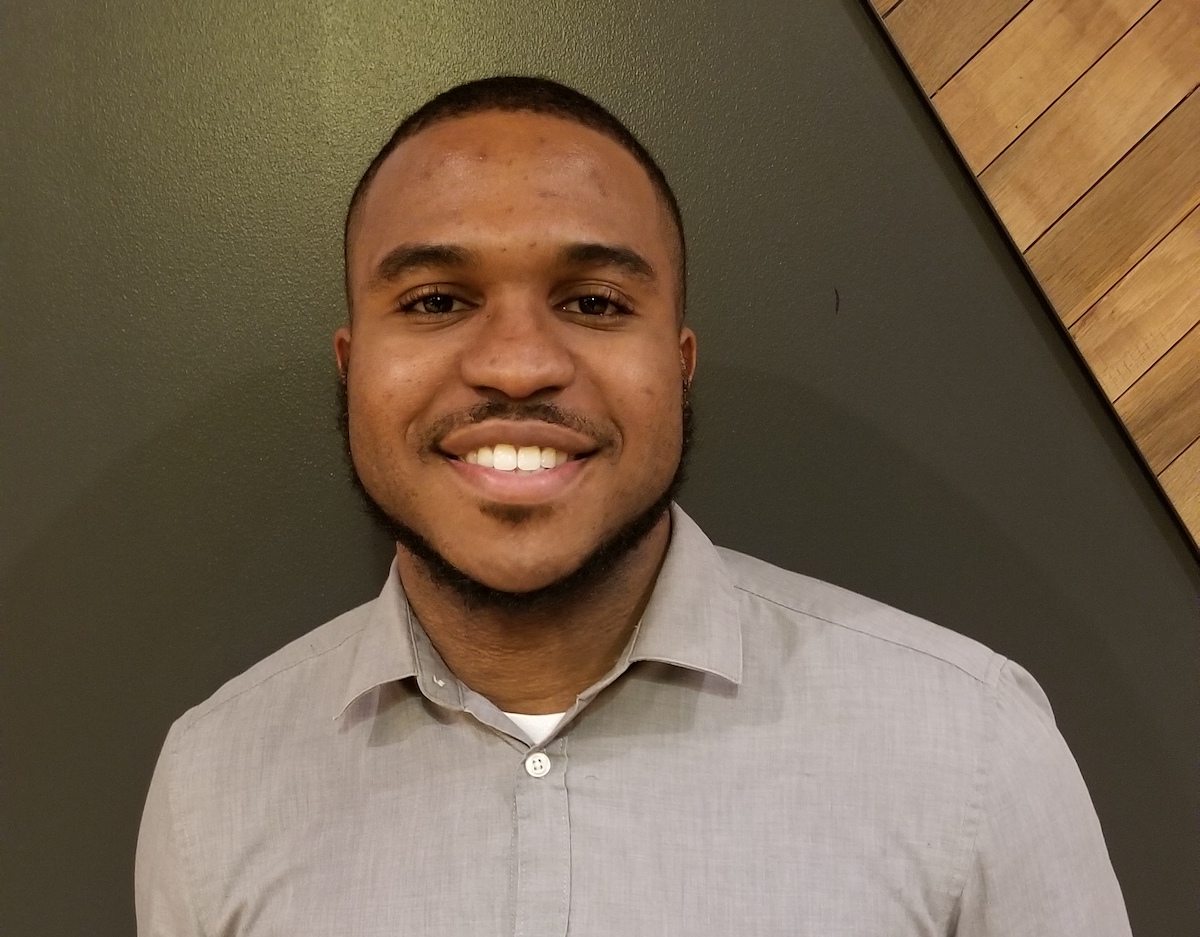
Five months ago, cities and states across the U.S. initiated a series of shelter-in-place orders as COVID-19 surged for the first time. Communities experienced waves of grief, loss, and economic insecurity. With the pandemic far from over, Black and Brown Americans continue to bear the brunt of its impact, and of the layered collective trauma that COVID-19 has wrought.
Lionel Latouche, senior project manager of EJUSA’s Trauma to Trust program, has been spearheading a series of conversations for service providers to establish their own means of personal healing as they navigate the frontlines of both community violence intervention work and the global pandemic.
How did this series come about?
(EJUSA’s Violence Reduction Initiatives team) saw the collective trauma that so many people are going through at this moment, and narrowed in on how Black and Brown people are affected. We wanted to make sure that our community partners have the space they need to access their own healing and acknowledge the trauma that they’re experiencing right now as well. It’s one thing to be a Black or Brown person processing this moment. It’s another to also be the person that your neighborhood is relying on to continue to provide critical things like violence prevention, mutual aid, and emergency services while everything is happening.
What is the importance of conversations like these, and healing as a whole?
We know that structural racism exacerbated the effects of the pandemic in our communities, and those effects are felt. The workshops elevate this conversation—the intersection of COVID-19, systemic and racial oppression, and what we can do to sustain ourselves while we work toward change. The goal is to give people tools for connection and self-care.
For our folks, primarily, it is to equip them with the information and support they need to feel safe talking about trauma and emotional stress. In Black communities, we need to do it with people who look like us, understand us, and have similar experiences as us because then those healers become a kind of credible messenger that shows us that it’s safe to talk about and process our trauma.
What does a typical workshop look like?
We start with two circles. One asks, “What can I do for myself?” The other asks, “What can we do for others?” We break these out into two distinct conversations.
By doing it this way, we’re building a network of support and mutual aid for folks who don’t always get the time to think of how to care for themselves. We’re using breathing techniques and guided meditations with members, giving people tangible tools to tap into mindfulness.
So far we’ve facilitated circles nationally for groups of community leaders, service providers, as well as people who’ve been impacted by violence — families of violence survivors, families of murder victims.
What has been the response from community members who participated so far?
There’s been a lot of openness, a lot of appreciation for starting the discussion. Everyone is getting to witness each other focus on their self care.
Others said that it was the validation and acknowledgement of pain and struggle they were moving through that was most helpful. Just having that permission to feel and express whatever emotions came up in these spaces. It was a different level of vulnerability—not having to be the “strong black man or woman.”
EJUSA continues to facilitate healing circles and support our community partners as we navigate the current pandemic. Follow us on social media, and keep an eye out for future circles and ways to join us in building healing-centered approaches to safety and justice.


